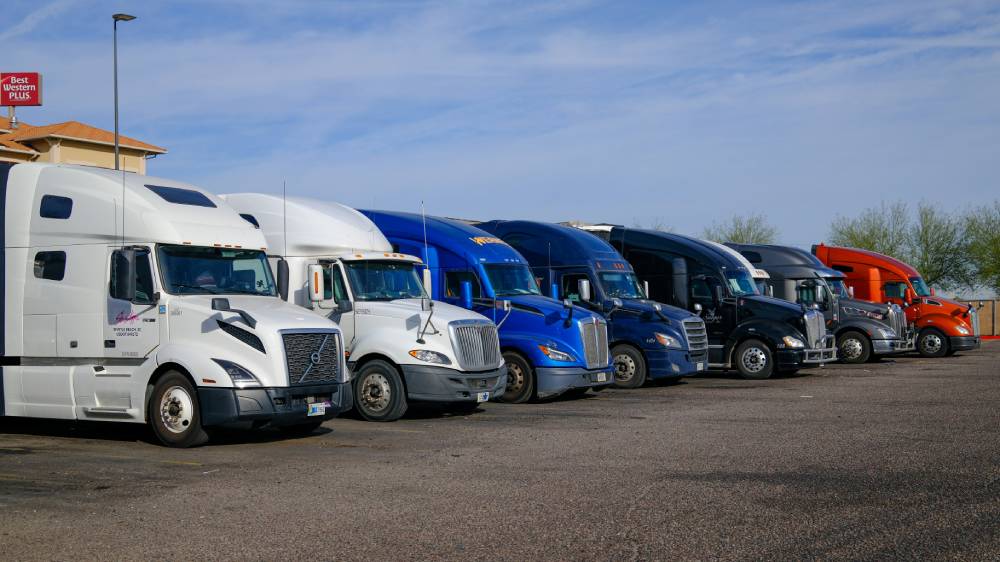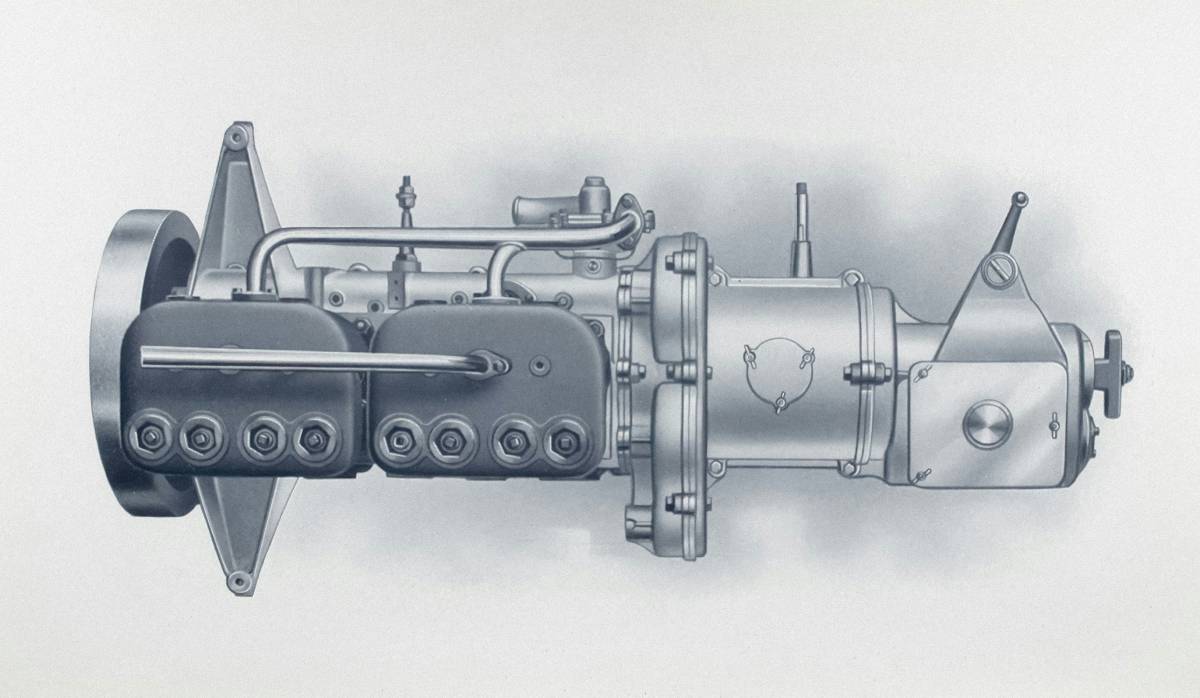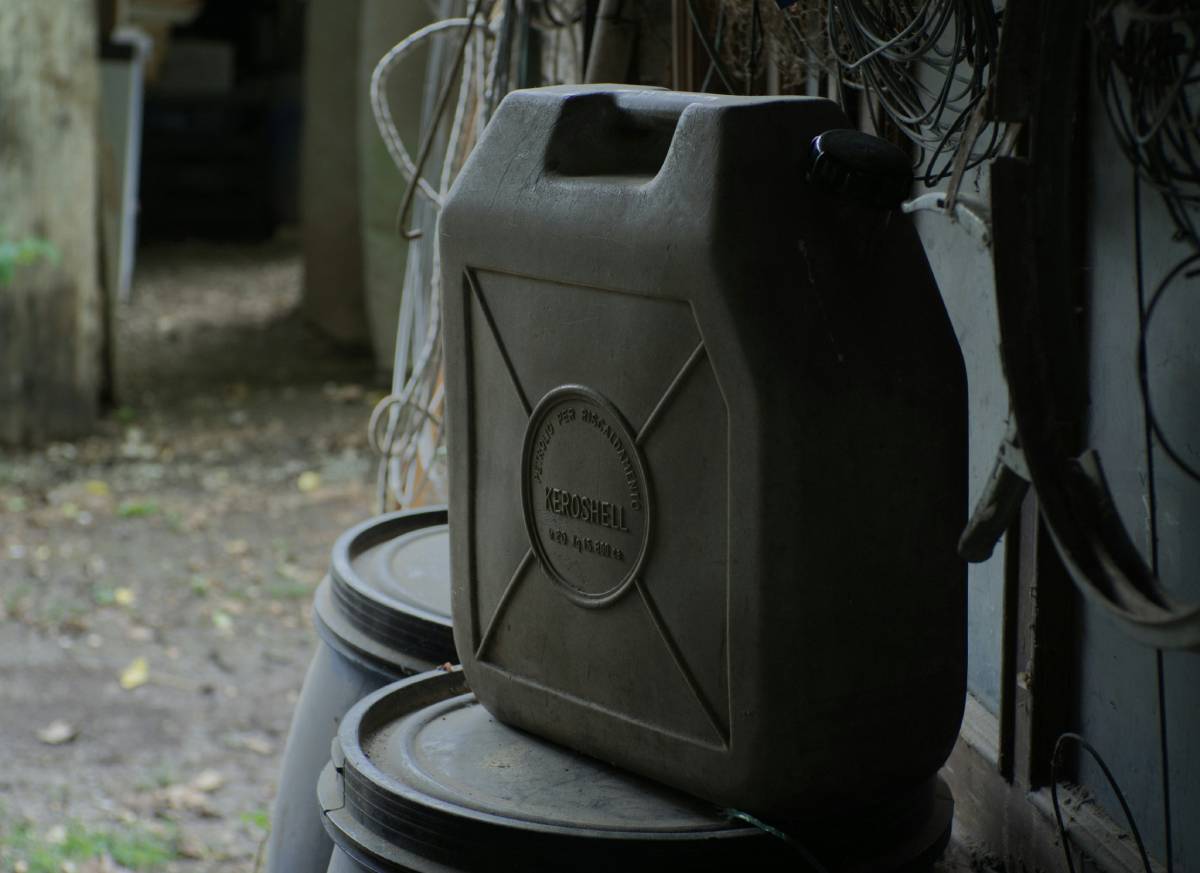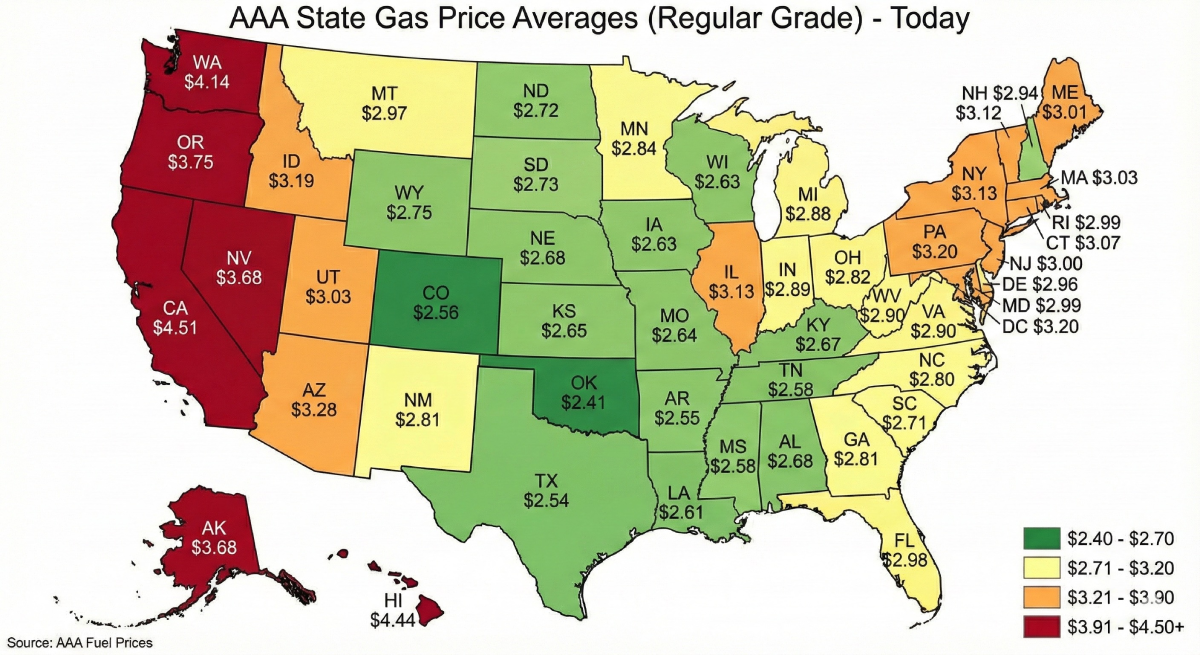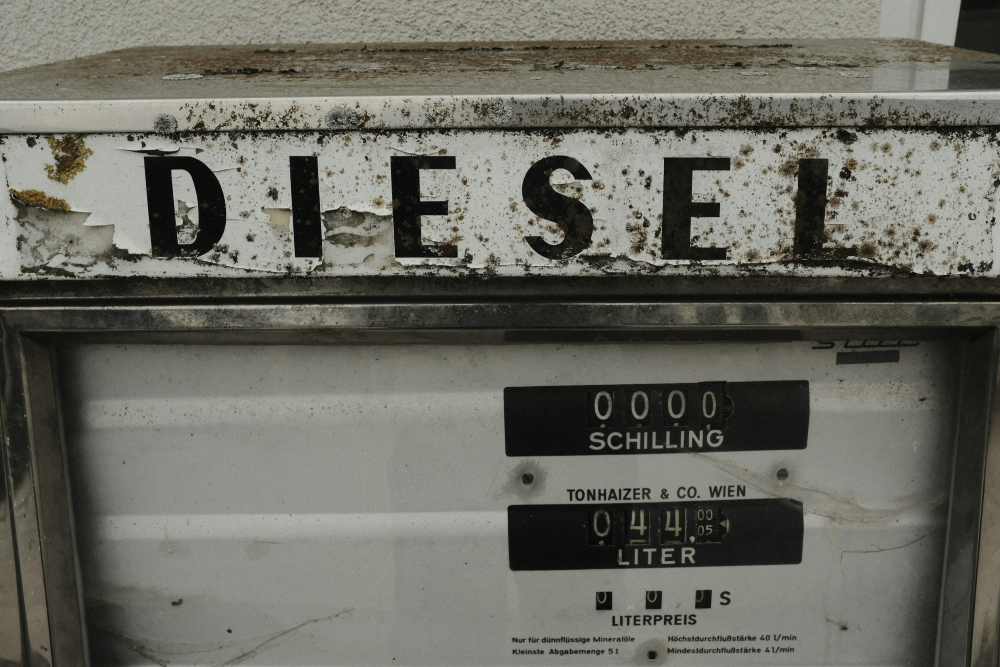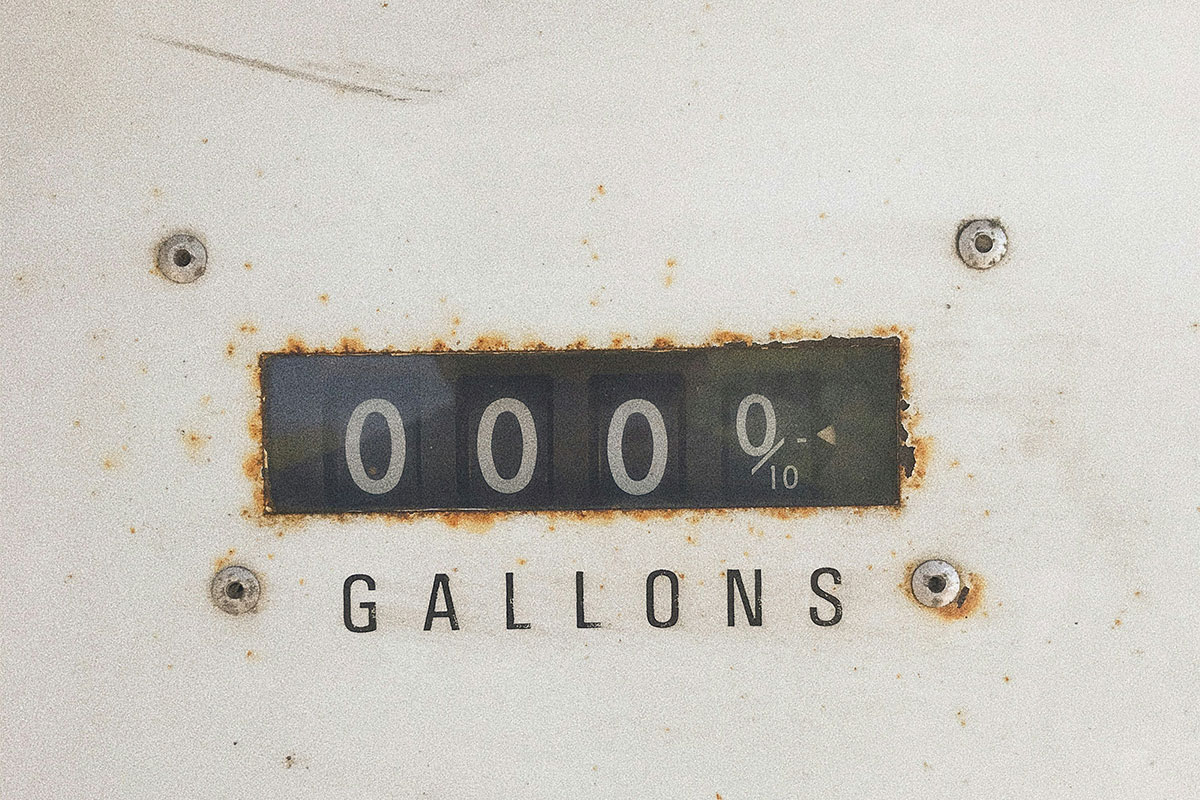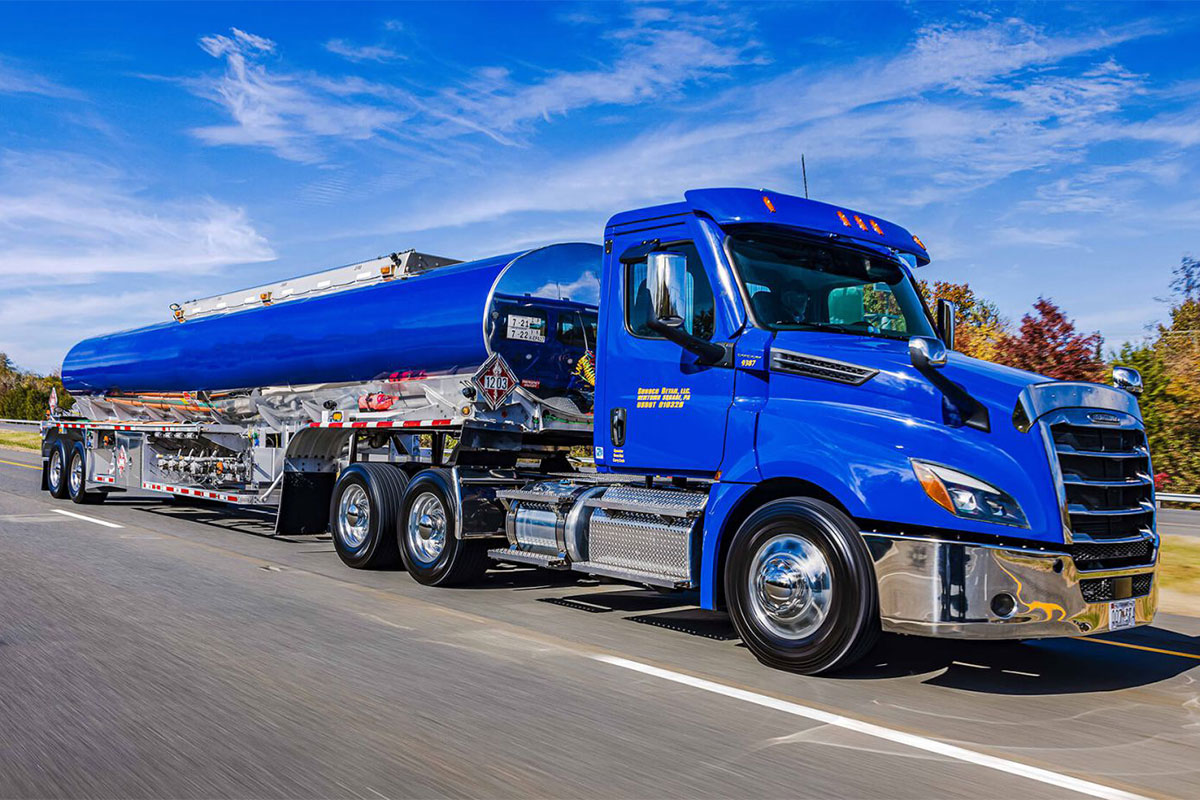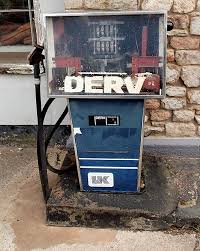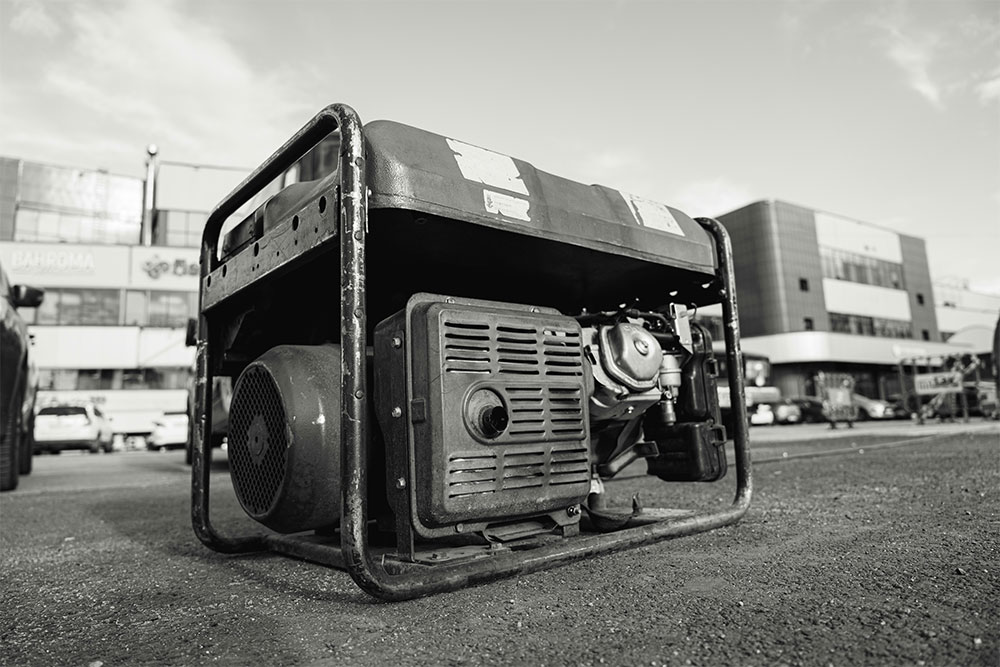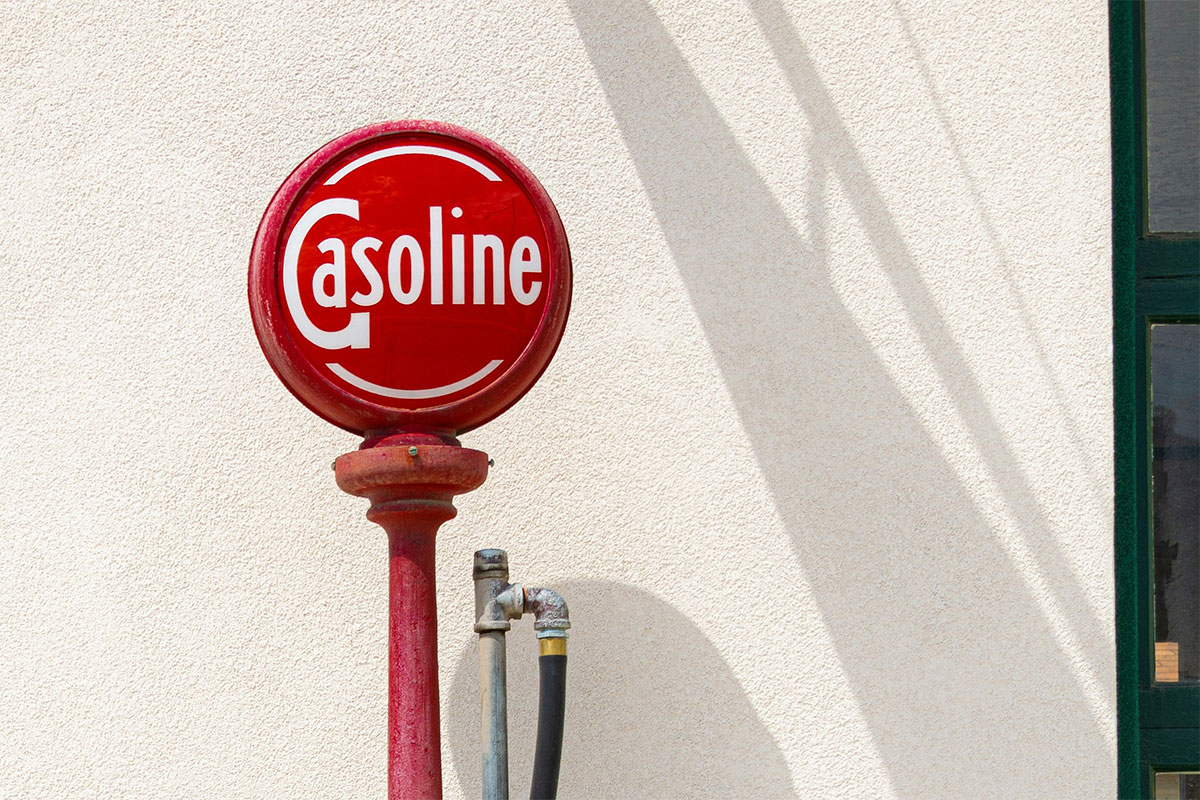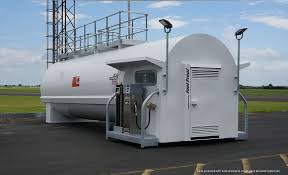Key Takeaways
- A common planning figure for diesel fuel pounds per gallon at 60 F is about 7lbs per US gallon
- The weight of a us gallon of diesel fuel is lower than an imperial gallon, so international fleets must check which unit they use
- You can treat the average weight of diesel fuel per gallon as a range from 6.8 to 7.2lbs depending on temperature and blend
- Knowing fuel mass in pounds helps you turn gallons of diesel fuel to pounds and see how much payload capacity remain
- Full tanks, DEF and B5 blends all add weight that counts toward gross and axle limits
Table of Contents
How Much Does A Gallon Of Diesel Weigh?
A US gallon of diesel typically weighs about 7lbs at 60°F, which is a useful average for planning. An imperial gallon holds more volume, so its diesel weight is closer to 8.4 pounds. Diesel is denser than gasoline due to heavier hydrocarbon chains. Temperature affects density: colder fuel is slightly heavier, and warmer fuel is slightly lighter. Many fleets use the 7lbs rule and only adjust when approaching legal weight limits.
How To Convert Diesel Fuel Gallons To Pounds?
To plan loads you often need to change gallons of diesel fuel to pounds. You can use a simple pattern.
- Take the number of gallons in the tank
- Pick a pounds per gallon figure for the blend and temperature, often 7lbs
- Multiply gallons by the pounds per gallon figure
- Round to the nearest 10lbs for simple scale planning
Here is a small example table using 7lbs per US gallon.
| Diesel gallons | Approx fuel weight in pounds |
|---|---|
| 10 | 70 |
| 40 | 280 |
| 60 | 420 |
| 100 | 700 |
You can also ask questions such as how much does 60lbs of diesel fuel weigh or weight of 50 gallons of diesel fuel using the same pattern. Just change the gallon number and keep 7lbs per gallon unless you need a more exact value.
Worried Diesel Weight Will Push You Over The Legal Limit?
Full tanks and heavy loads can quietly nudge your rig over gross or axle limits. Learn how to turn diesel gallons into pounds so you can fuel smart, avoid fines and protect your suspension and brakes.
How Much Does 100 Gallons Of Diesel Weigh?
To calculate the weight of 100 gallons of diesel, use 7lbs per gallon. This equals 700lbs. While cold, dense fuel might be slightly heavier and warm fuel slightly lighter, 700lbs is sufficient for most planning. It is wise to allow a small safety margin if operating near the legal gross weight limit.
How Much Does 200 Gallons Of Diesel Fuel Weigh?
The weight of 200 gallons of diesel fuel is a concern for highway tractors. At 7lbs per gallon, this equals 1400lbs. This weight impacts both the gross vehicle weight and axle loads. Before filling large tanks, compare this mass against legal gross and axle limits. If near the limit, reduce cargo or partially fuel to allow for scale variation.
What Is The Weight Of 300 Gallons Of Diesel Fuel?
Vocational trucks and bulk tanks often hold 300 gallons of diesel. At 7lbs/gallon, 300 gallons weighs 2100lbs. This significant mass demands consideration of stopping distance, tire pressure, and suspension. Extra fuel weight slightly raises the center of gravity and can increase braking distance. Ensure tires meet load rating and that suspension and brakes are in good condition when hauling heavy fuel loads frequently.
Is Diesel Heavier Than Gasoline?
When you compare fuels you may wonder what’s the weight of diesel fuel versus gasoline for the same volume. Typical gasoline at 60 F weighs about 6 to 6.3lbs per US gallon. Diesel at the same temperature is closer to 7lbs per gallon.
Diesel is heavier because its molecules have longer chains and more carbon atoms than gasoline. This higher density means more energy per gallon but also more mass that counts against truck payload. Gasoline is lighter per gallon but also has different volatility and storage behavior.
The table below compares weight and simple storage notes for vehicle tanks.
| Fuel type | Approx weight per US gallon in pounds | Example storage guidance for vehicle tanks |
|---|---|---|
| Gasoline | 6 to 6.3lbs | Often stored in car tanks for about 1-3 months of normal use |
| Diesel | about 7lbs | Often stored in truck tanks for longer runs and regular daily operation |
Gasoline also ages differently than diesel. If you store mixed fleets you should follow separate manufacturer guidance for gasoline storage time limits and filter checks.
Does Diesel Float On Water?
Diesel is less dense than water, approximately 7 lbs/gallon vs. 8.34 lbs/gallon at 60°F, causing it to float. Consequently, water entering a diesel tank sinks, creating a layer that can eventually be drawn into the fuel system, damaging injectors and reducing pump lubrication. To prevent this, regularly drain water from separators and check tank low points. Never ignore signs of water, like rust, cloudy fuel, or frequent filter clogs.
Which Type Of Diesel Is Heavier Between #1 And #2?
For highway use, #2 diesel is the standard fuel, weighing about 7lbs per gallon at 60 F. Lighter #1 diesel, often used in winter blends, is closer to 6.7lbs per gallon. In cold regions, fleets blend #1 and #2. Blending improves cold flow and starting but slightly lowers energy per gallon and weight. Assume pure #2 is heaviest, pure #1 is lightest, and blends fall in between.
How Much Does A Full Tank Of Diesel Weigh?
Many owners want to know how much a full tank of diesel weighs in a pickup or straight truck. You can work this out in a few steps.
- Find the usable capacity of the tank in gallons from the manual or data plate
- Decide which pounds per gallon figure you will use, often 7lbs for #2 diesel at 60 F
- Multiply tank gallons by pounds per gallon
You can save time by using a simple online fuel weight calculator that multiplies gallons by your chosen pounds per gallon value. A calculator helps you size tanks, compare different truck setups and prevent surprise scale tickets on busy workdays.
Not Sure How Many Gallons You Can Add Before You Are Overweight?
Guessing at fuel weight can cost you in tickets, delays and rework at the scale. Use a simple gallons to pounds method to see exactly how much diesel you can buy without sacrificing payload or profit.
What Is The Weight Of A Full Semi-Truck Fuel Tank?
Highway tractors often use twin saddle tanks, commonly two 100-gallon tanks for a total of 200 gallons. At 7lbs per gallon, this equates to 1400 lbs of diesel. Larger setups, like two 150-gallon tanks, hold 300 gallons, weighing approximately 2100lbs. When fueling dual tanks, keep levels even to maintain side-to-side balance, which affects handling and tire wear. Confirm that your spec sheet and registration align with the maximum fuel weight for your allowed load.
How Much Does A Gallon Of #2 Diesel Fuel Weigh?
The standard highway fuel, #2 diesel, typically weighs 7.0- 7.1lbs per US gallon at 60 F. Exact weight can vary slightly based on density, ranging from 6.9 to 7.2lbs per gallon. Winterized blends with #1 diesel may weigh less. For most legal applications, this minor variation is negligible. For precise work like tank design or lab checks, use the exact density from a certificate of analysis.
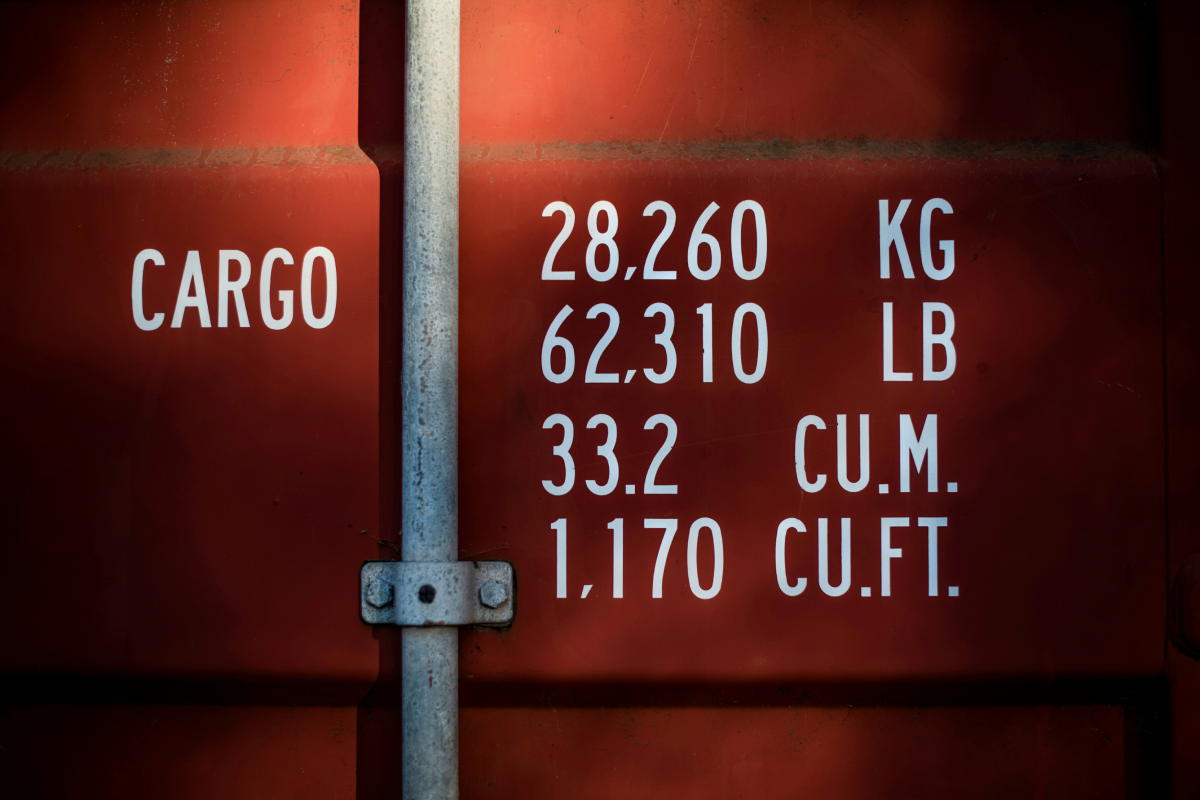
How Much Does A Gallon Of Red Diesel Weigh?
Red diesel is exactly the same as regular diesel in terms of chemical composition and functionality. The only differentiation between the two is their tax regulation and their applications. While regular diesel also known as #2 diesel is road legal. Red diesel is strictly for off-road uses. This is why it is also called “off-road diesel”.
To demarcate road diesel and make sure that it isn’t used on public roads, regular diesel is dyed red. This is where the name “red diesel” is from. However, the dye added has a weight that is almost insignificant. So red diesel weighs the same as regular diesel.
How Does Fuel Weight Affect My Truck’s Total Load Capacity?
Fuel mass always counts toward your legal gross and axle limits. Every pound of diesel in the tank reduces payload available for cargo, tools or passengers. You can think of fuel as part of the base weight of the truck.
Key ways fuel weight affects capacity include
- Gross weight limits, full tanks might move a legal load into overweight territory
- Payload planning, more fuel on a long trip often means slightly less room for freight
- Braking distance, heavier fuel loads increase stopping distance and brake wear
- Suspension and tires, added fuel mass compresses springs and raises tire loading
To keep trips legal and profitable you can use a simple axle load planning sheet. This helps you enter truck tear weight, expected fuel mass and cargo so you see axle loading in advance and avoid roadside surprises.
Want A Simple Way To Plan Fuel And Payload Together?
Every pound of diesel in the tank eats into your freight room. Build a basic planning sheet that factors truck tare weight, fuel mass and cargo so you stay legal and still haul profitable loads.
How Many Gallons Of Fuel Can I Get Before Being Overweight?
To see how many gallons you can buy you first need the remaining payload before reaching the legal limit. Then you convert that payload into gallons using a gallons to pounds diesel fuel pattern.
A simple step list looks like this:
- Find the legal gross weight and subtract your current scale weight to get remaining payload
- Choose a pounds per gallon value, often 7 pounds per gallon
- Divide remaining payload by the pounds per gallon value to get the maximum safe gallons
- Stop fueling when you reach that gallon number on the pump
If your remaining payload is 700lbs and you use 7lbs per gallon you can safely add about 100 gallons.
How Do I Calculate The Total Weight Of My Fuel Load?
You can estimate the total mass for any mix of tanks, blends and temperatures with a simple formula.
Total fuel weight in pounds equals gallons times pounds per gallon. If you run different tanks with different blends you can repeat the formula for each tank and add the results. For scale checks it is usually enough to round each result to the nearest 10lbs. Rounding down gives a small safety buffer. If you need extreme accuracy you can use a density value from your supplier and convert it to pounds per gallon. For example density in kilograms per liter can be turned into pounds per gallon using standard conversion factors.
Does The Weight Of Diesel Fuel Change When It Is Colder Vs Warmer?
Yes, diesel mass per gallon changes slightly with temperature. As fuel gets colder it contracts and becomes denser. This means more mass fits into each gallon. When fuel warms it expands and the mass per gallon drops. Given that fuel is sold by volume at the pump you may get a little more mass per gallon on a very cold day and a little less on a hot afternoon. For fleet planners this effect is usually small but it can show up when measuring fuel use by weight. Even with these shifts, many operators still use 7lbs per gallon for day to day work and only adjust when performing detailed engineering or when operating near the limit on cold days.
Does The Biodiesel B5 Blend Weigh More?
B5 biodiesel is a blend of about 5% biodiesel with 95% petroleum diesel. Biodiesel itself is often slightly denser than #2 diesel. This means B5 can be a little heavier per gallon than pure petroleum diesel. In practice the difference is modest. If your base diesel was 7lbs per gallon, the B5 blend might be closer to 7.05 or 7.1lbs per gallon. For most trucking applications this change does not require a new planning number. Biodiesel also has different solvency and may clean old deposits from tanks and lines.
How Much Does DEF Weigh Per Gallon?
Diesel exhaust fluid or DEF is a separate liquid used in many modern emission systems. Typically, it weighs about 9lbs per US gallon at normal temperatures.
This means each gallon of DEF is heavier than a gallon of diesel. When you plan truck loading you should count DEF mass separately from diesel fuel mass. Add both to your empty vehicle weight before you start adding cargo. DEF tanks are usually smaller than fuel tanks but the weight can still matter on heavy vocational trucks or combinations that run close to maximum limits.



